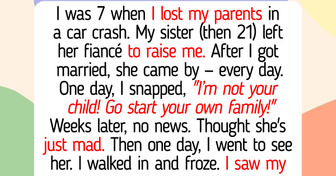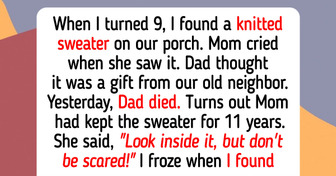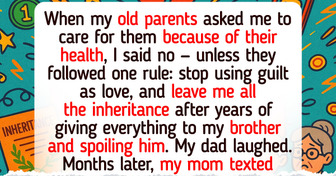12 Disturbing Memories That Tore People Apart
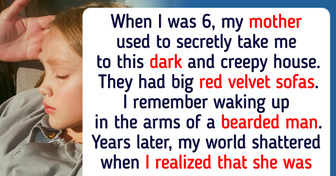
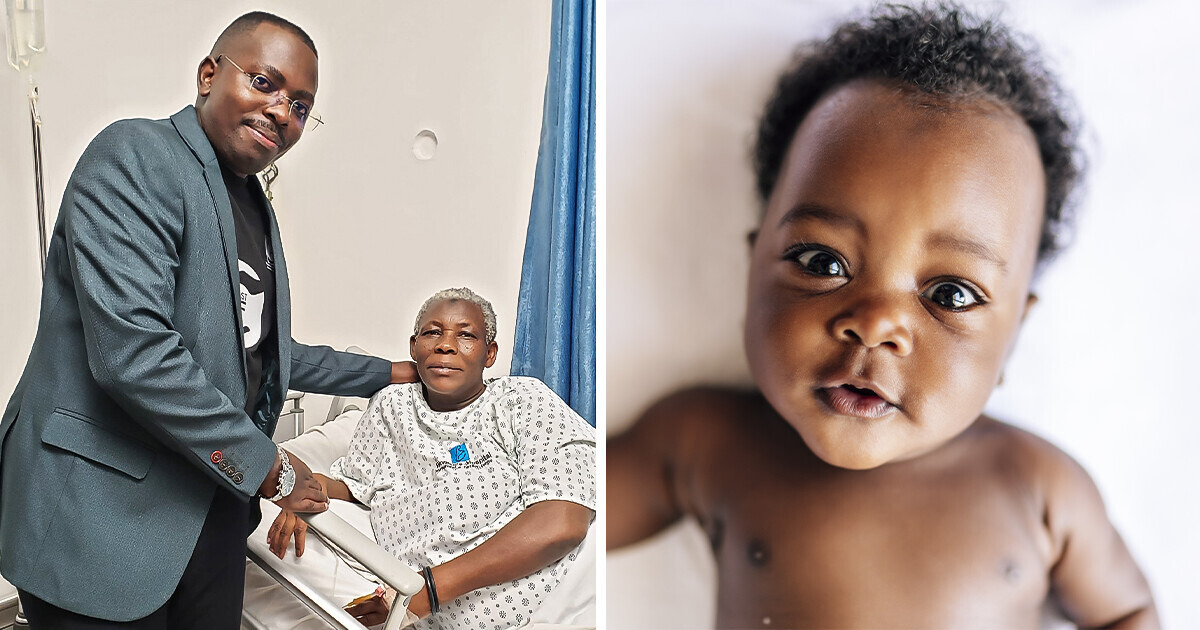
Among all the human experiences we hear, certain stories stand out as extraordinary. Today, we bring Safina Namukwaya’s story to you. She became a mother at the age of 70, inspiring the whole world. Safina is the true proof that age is indeed just a number.
A 70-year-old woman from Uganda has made history as the oldest African woman to give birth. Safina Namukwaya welcomed healthy twins, a boy and a girl, through a c-section delivery. The conception occurred via In Vitro Fertilization (IVF) at the Women’s Hospital International and Fertility Centre in Kampala. Namukwaya’s twins, born at 34 weeks, weighed 2 kilograms each.
The hospital, marking its 20th anniversary, celebrated the achievement on Facebook, emphasizing the remarkable success of not only medical intervention but also the strength and resilience of the human spirit. The post also stated that both the babies and the mother were doing well.
Namukwaya, already a mother of a 3-year-old daughter, expressed her joy during an interview, stating that she felt great. Despite potential concerns about her age, she emphasized that while some might argue that 70 years is old, destiny decided that she would get to have twins at 70. She believes having her babies was a miracle.
The mother of three utilized in vitro fertilization (IVF), relying on donor eggs and her partner’s sperm due to her advanced age. She shared the challenges faced during the pregnancy, including being abandoned by the children’s father. Namukwaya mentioned that men often fear the responsibility of fathering twins, and her husband did not show up at the hospital during her delivery. Safina shares that she has a supportive network in her rural village in Uganda to assist with childcare and household tasks.
Dr. Sali, her fertility specialist, supported Safina’s desire to expand her family. He sees her pregnancy as her human right, emphasizing her physical fitness. Previously labeled a “cursed woman” for not having children until 2020, Namukwaya challenges societal expectations. Dr. Sali’s son, Arnold Ssali, notes that in African culture, having a larger family is valued.
Despite the successful birth, concerns are raised about potential pregnancy complications for a woman of Namukwaya’s age, including gestational diabetes and other health risks. In the United States, for example, the upper age limit for IVF and assisted reproduction is generally in the mid-50s, with the American Society for Reproductive Medicine discouraging embryo transfer in women over the age of 55. Dr. Brian Levine, a practice director at a New York City fertility clinic, criticizes the situation, deeming it irresponsible. Dr. Levine warns about the potential consequences for both the mother and the children, highlighting the elevated risks associated with advanced maternal age.
Men remain fertile from puberty until the end of their lives. In contrast, women possess fertility only from puberty to menopause, and in reality, their fertility typically diminishes about a decade before reaching menopause. In fact, women typically expel one egg per menstrual cycle until the start of menopause. So, Safina had to rely on donated eggs; otherwise, it would be nearly impossible. Dr Edson Borges Jr explains that there’s a difference between gestating and reproducing: theoretically, any woman can be pregnant if the uterus is functioning properly.
Namukwaya’s case brings to mind Adriana Iliescu, listed in the Guinness World Records as the oldest woman to give birth. In 2005, at the age of 66, Adriana welcomed a baby girl also through IVF.


